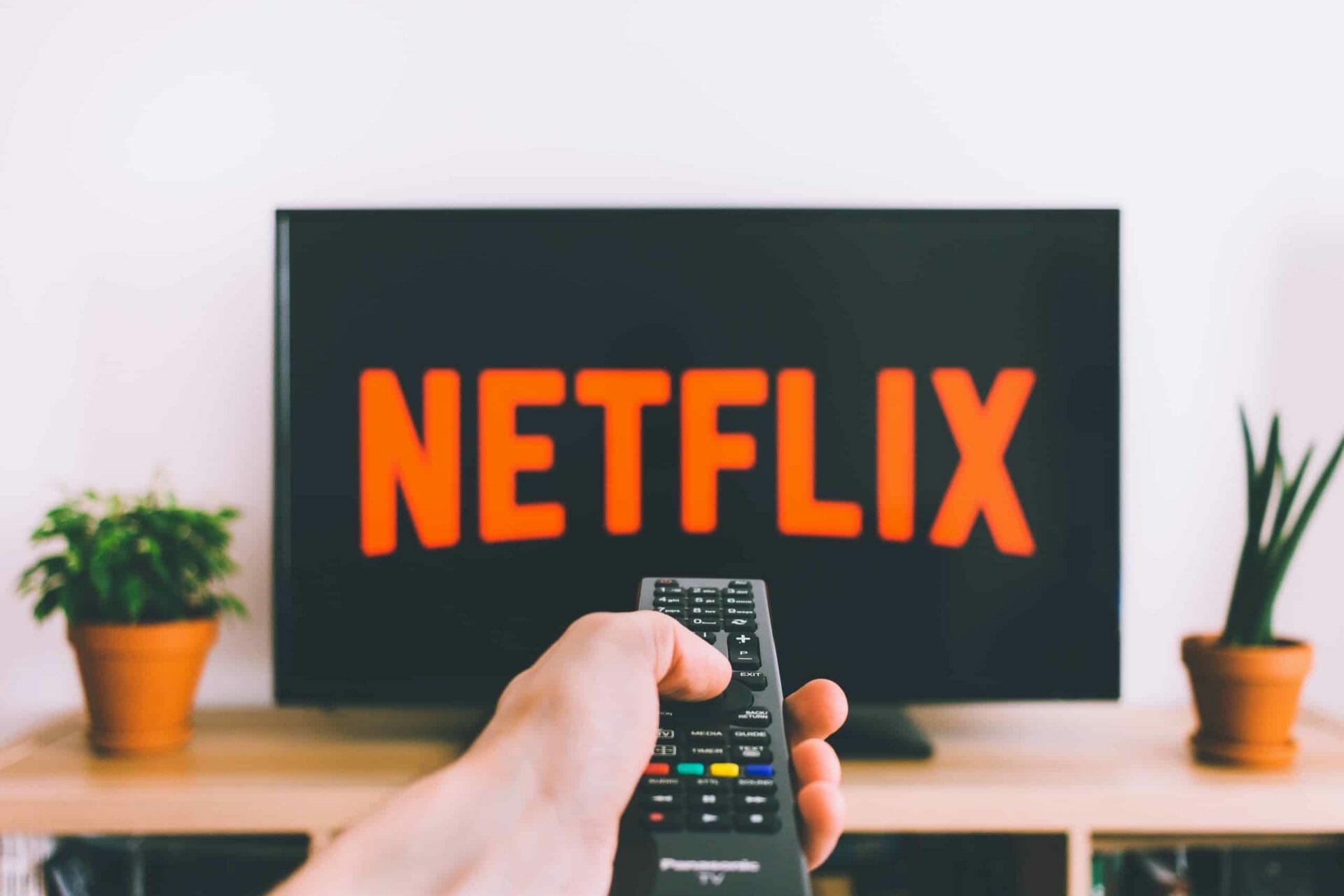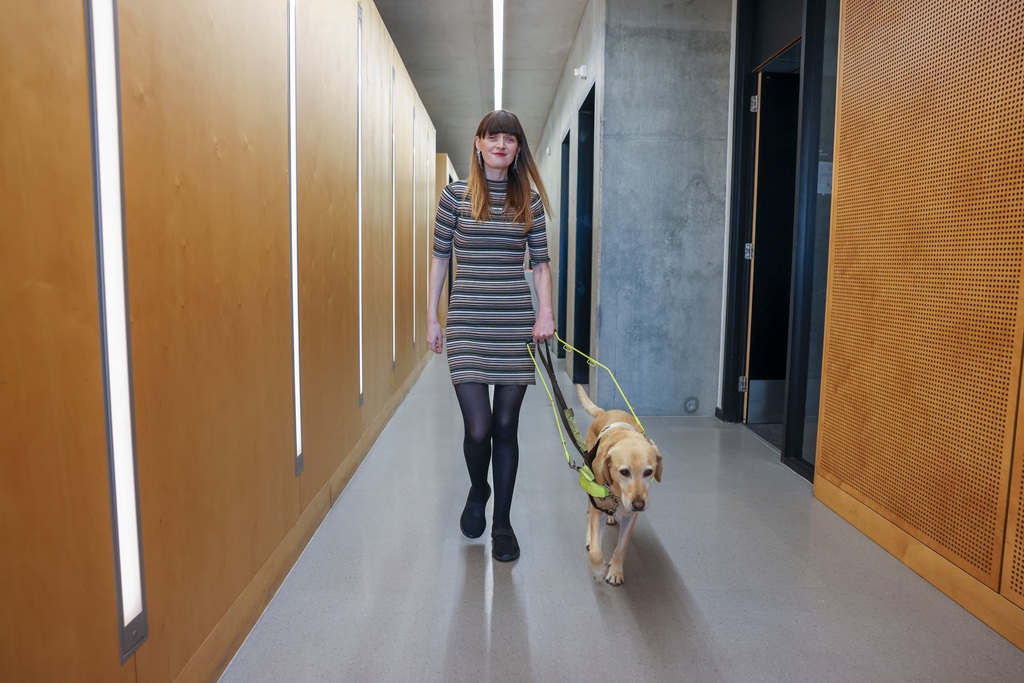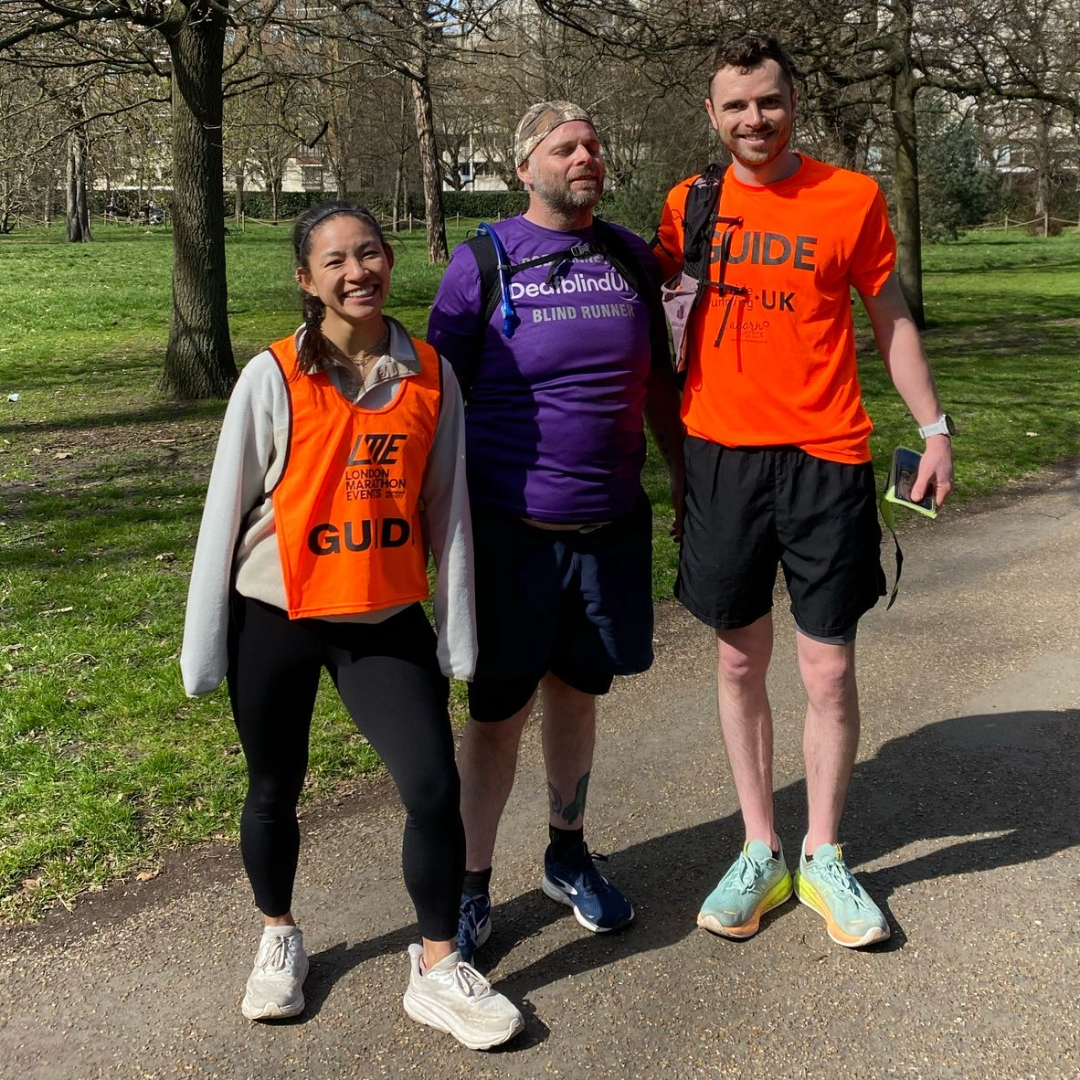Accessible entertainment

While the majority of television nowadays has subtitles and audio description available at the press of the remote, sometimes these features can be delayed or unavailable. But, as streaming services have become increasingly popular in recent years, they have started to implement more reliable accessibility features. Here are some of the most popular streaming services and the accessible features they offer:
BBC iPlayer has categorised audio described and signed programmes, making it easy to find accessible programmes all in one place. There are a variety of titles in each, ranging from documentaries, dramas, and children’s TV. However, these can only be sorted using filters and are not sorted into sub-genres, which make it hard to find a specific programme.
ITV Hub also offer an audio described category, but this is only available through the app on Android and iOS devices. The signed titles on their platform are not categorised and are not clearly marked as such.
Netflix offers both subtitles and closed captions which can be customised to make them clearer; you have the ability to change size, font, shadow and background colour of subtitles, which are available on the majority of their titles. There is also a range of audio described media available in multiple languages. Although audio description is not available on all titles, Netflix does have a variety to pick from and most of their Netflix originals are audio described. Netflix is also compatible with common screen readers, voice controlled remotes and assistive listening devices.
Other ways to watch…
While streaming services are taking a step in the right direction, there are also in home devices which can help when watching TV. Radio aids can be helpful to reduce background noise when listening over distance as they send sound directly to your hearing aid. This is usually done wirelessly though Bluetooth. We suggest the CM-BT2 bluetooth neckloop and the Roger MyLink. It can also be handy to use a smart TV or streaming stick, which are relatively inexpensive. These usually have accessibility modes, with great features like screen readers and voice controls.
Let’s keep in touch!
Join our mailing list and we will keep you up to date about our projects and opportunities to get involved with Deafblind UK.
More Articles

Bridging the Employment Gap for People with Deafblindness
Together, we can help close the employment gap and ensure that people with dual sensory loss have every opportunity to...

Meet the creator behind the new Blind Naked Calendar!
Megan from our fundraising team chatted with Blind Naked Calendar creator, Josephine, to find out about her life as someone…

London Marathon 2025 – meet our runners!
The countdown is on! The TCS London Marathon 2025 is fast approaching, and our incredible #TeamDeafblindUK runners are lacing up…
